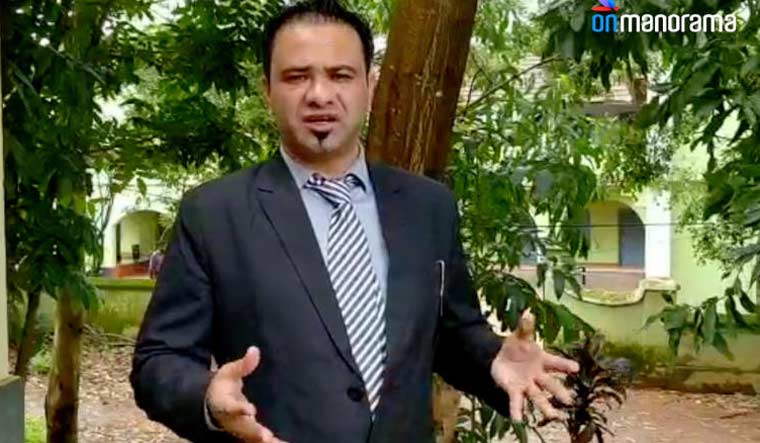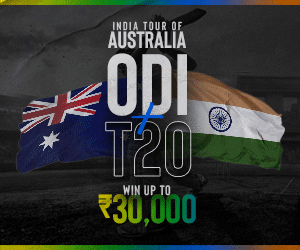On the occasion of Human Rights Day, Dr Kafeel Khan talks of the right to health—the most fundamental human right.
Excerpts:
Healthcare is a fundamental right, yet not universally available. Why is it so in the Indian context?
The Supreme Court has held healthcare to be a fundamental right under Article 21 of the Constitution but due to differential distributions of services, power, and resources it has resulted in inequalities in healthcare access. Access and entry into hospitals depend on gender, socioeconomic status, education, wealth, caste and location of residence. Large numbers of tribes and ex-untouchables that live in isolated and dispersed areas often have low numbers of professionals. Those with the greatest need often do not have access to healthcare. The World Bank estimates that 90 per cent of all health needs can be met at the primary healthcare level. India has grossly under-invested in the area that should matter the most.
Has the COVID-19 pandemic brought to the fore the most glaring inadequacies of the health system?
The pandemic was not needed for the health system to collapse. An estimated 0.15 million people have died in India. But as all the resources are diverted for combating COVID-19, around 28,000 people are dying every day because of non-Covid reasons. The pandemic has pushed the fragile Indian public health system which was already overstretched and overburdened to the verge of collapse. Healthcare in India has been in deep shambles and needs deep introspection.
What lessons did you learn from the BRD oxygen tragedy?
After the BRD oxygen tragedy, I started touring all over India conducting hundreds of free medical camps and realised that the BRD oxygen tragedy was a brutal face of our broken health system. I started collecting data from the National Family Health Survey (NFHS), different government health agencies, World Bank, WHO, UNICEF and the UN. That data shocked me to the core. Consider a few figures: public health spending in the country is 1.2 per cent of the GDP while in the rest of the world it averages 6-8 per cent; we rank 145 among 195 countries in terms of quality and accessibility of healthcare; we rank 94 among 107 countries on the Global Hunger Index; India ranks 150th out of 153 countries in female health and there is on an average one primary healthcare centre for more than 51,000 people.
What is the solution?
We cannot afford to be silent spectators. In the time of when India is struggling with the dual burden of the corona pandemic and economic slowdown, it is time to make a fresh beginning for healthcare. Healthcare reforms need thorough introspection, debates and corrective measures. Mere cosmetic changes won't help. We need immediate actions, bold reforms and a sustained campaign to deliver healthcare to rural India.
ALSO READ
- UP: Congress wants to implement Sharia law in the country, says Yogi Adityanath
- Not just a Jat question; how smart is BJP’s candidate selection in West UP
- BJP candidate from Moradabad seat Kunwar Sarvesh Kumar dies
- Lok Sabha polls: Intense fight as all key players have tasted success in these 8 seats in UP
What are some of the solutions you propose?
Universal access to quality healthcare services without anyone having to
face financial hardship; making the ‘Right to Healthcare’ a justifiable right through the enactment of appropriate legislation; uninterrupted supply of oxygen, PPE kits, ICU equipment, Medicines, sanitisers, immediate compensation in case of death of corona warriors; curb on rumours, unscientific views; post-Covid Care Clinic at each PHC; universal immunization for . MMR, Pneumococcal, Typhoid, Hepatitis-A, HPV, Chickenpox, Rota Virus, JE, Influenza and COVID-19; universalize and expand the ICDS programme to effectively cover under-fiv children and universalise community-owned CMAM (community-based management of malnutrition) programmes and daycare services as important intervention in malnutrition and GST exemption for OPD/IPD products and drugs for serious ailments. These are just some suggestions.







